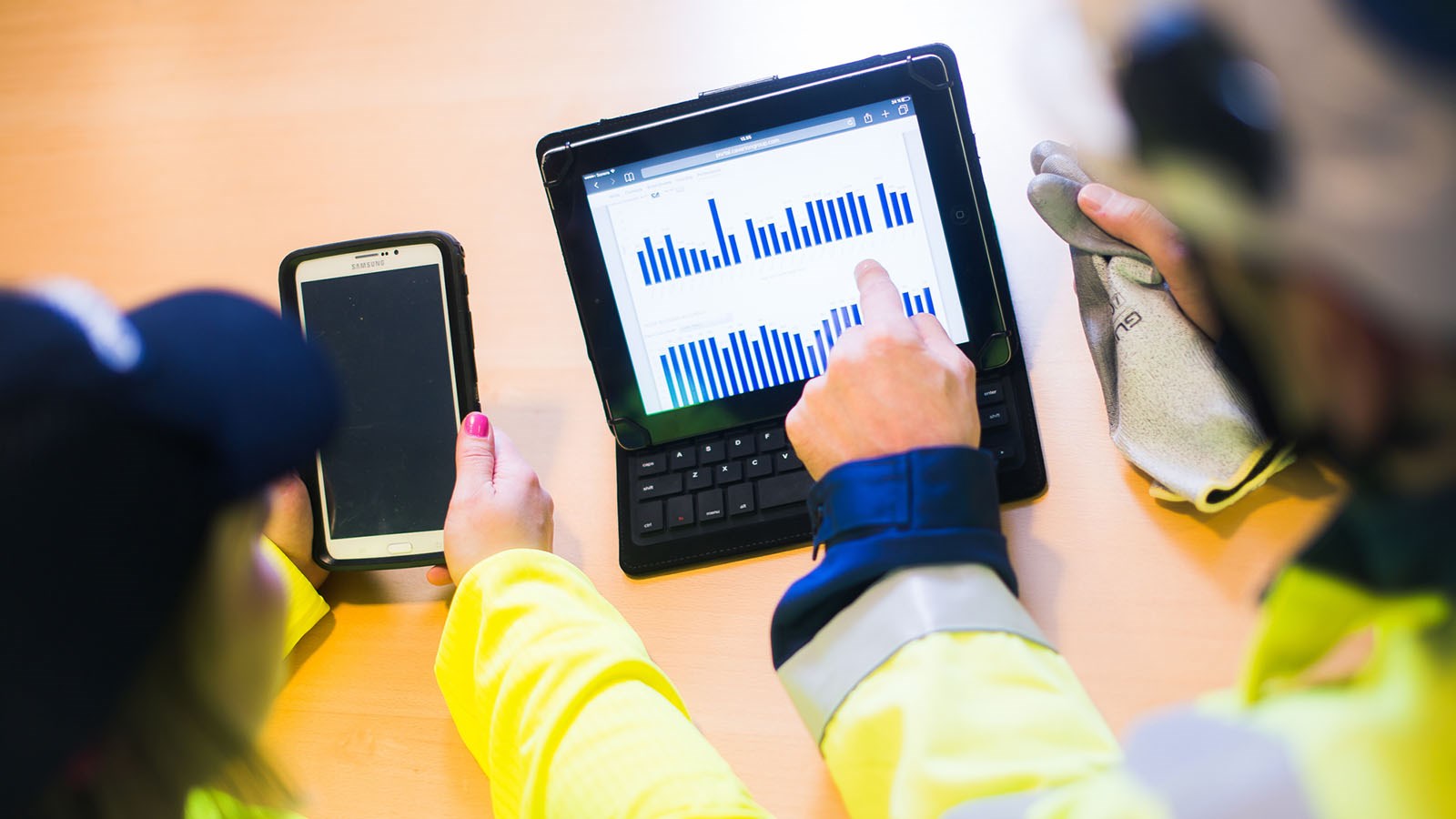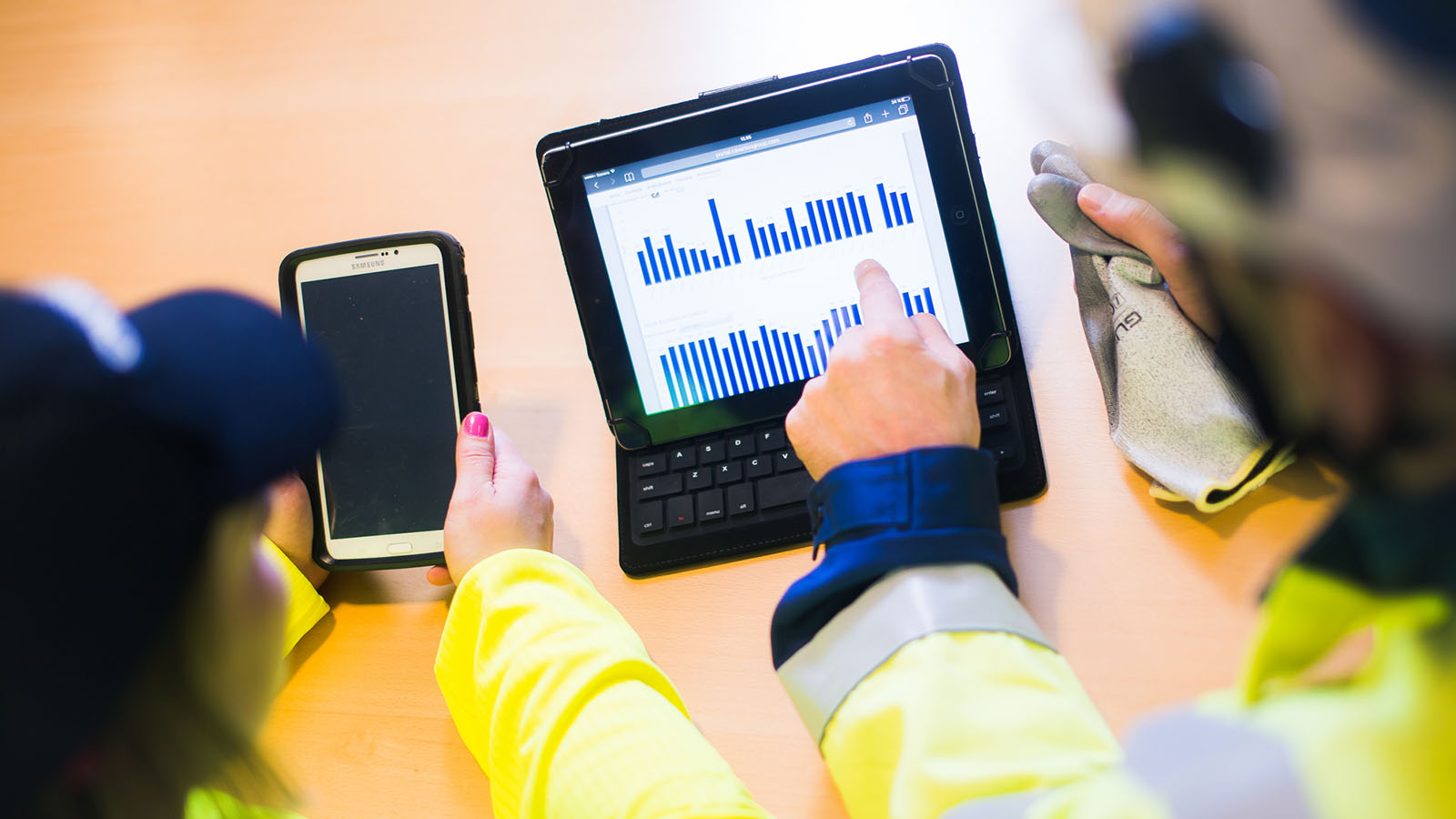
Digital technology makes property maintenance more transparent
We are changing little by little from an industrial society to a service society. In a large scale, this means that human skills and interests are changing, as well as the culture of working life. The number of information workers is growing and operative field workers will also be part-time knowledge workers as information technology constantly grows.
People in the services sector will also learn to self-purchase services even more. This will eliminate the DIY culture. As a result, there will be fewer “craft skilled” people and their skills will be more active during leisure time than at work. At work, mobile devices and features will be more useful than wrenches and screwdrivers.
People will become IT-oriented and they will know how to do things to get remote access. For example, buildings, vehicles and various equipment faults will be diagnosed remotely using different apps and via remote access. Physical work will only be needed for mechanical adjustment and maintenance. Many problems will be solved from various control rooms and fitters will seek help from YouTube or live video or technical support for the equipment supplier. The skills of craft skilled people will be utilised more efficiently in the future.
The change will also result in the people involved in the maintenance of real estate eventually becoming experts in their fields, backed by cumulative information systems and Big Data. Property maintenance and repair will be different in the future. Today, installers accumulate skills over the years through experience and training. In the future, in addition to this know-how, there will be a large amount of practical work in supporting the information in which regularities can be identified. Maintenance fitters’ skills and discreet sensory observations will not, however, be replaced by any machines. The maintenance carried out by these professional experts will remain invaluable. Machinery and equipment require maintenance, even if they are continuously observed by automation and sensors.
Cost-effective and high-quality maintenance
In properties this development is tangible in terms of cost efficiency and uninterrupted space usage. Remote monitoring ensures energy efficiency and good indoor climate conditions. Cost efficiency arises from the fact that the defects are being fixed more often with a finished fault diagnosis, instead of analysing the fault on the spot. Thus, working time is used more effectively and professional expertise can be more effectively utilised. All the developments ultimately benefit the owner of the property, who will get more cost-efficient and higher-quality maintenance of the property.
We at Caverion have long developed a digital (IoT) service to support customer operations, as well as our own operations. We have released a customer reporting portal, which allows our customers to view everything on their properties: service requests, maintenance actions and length of time needed to perform the actions and the events reported by the automation system. The information is available in real-time and continuously. This is making genuine use of the industrial internet of things.


